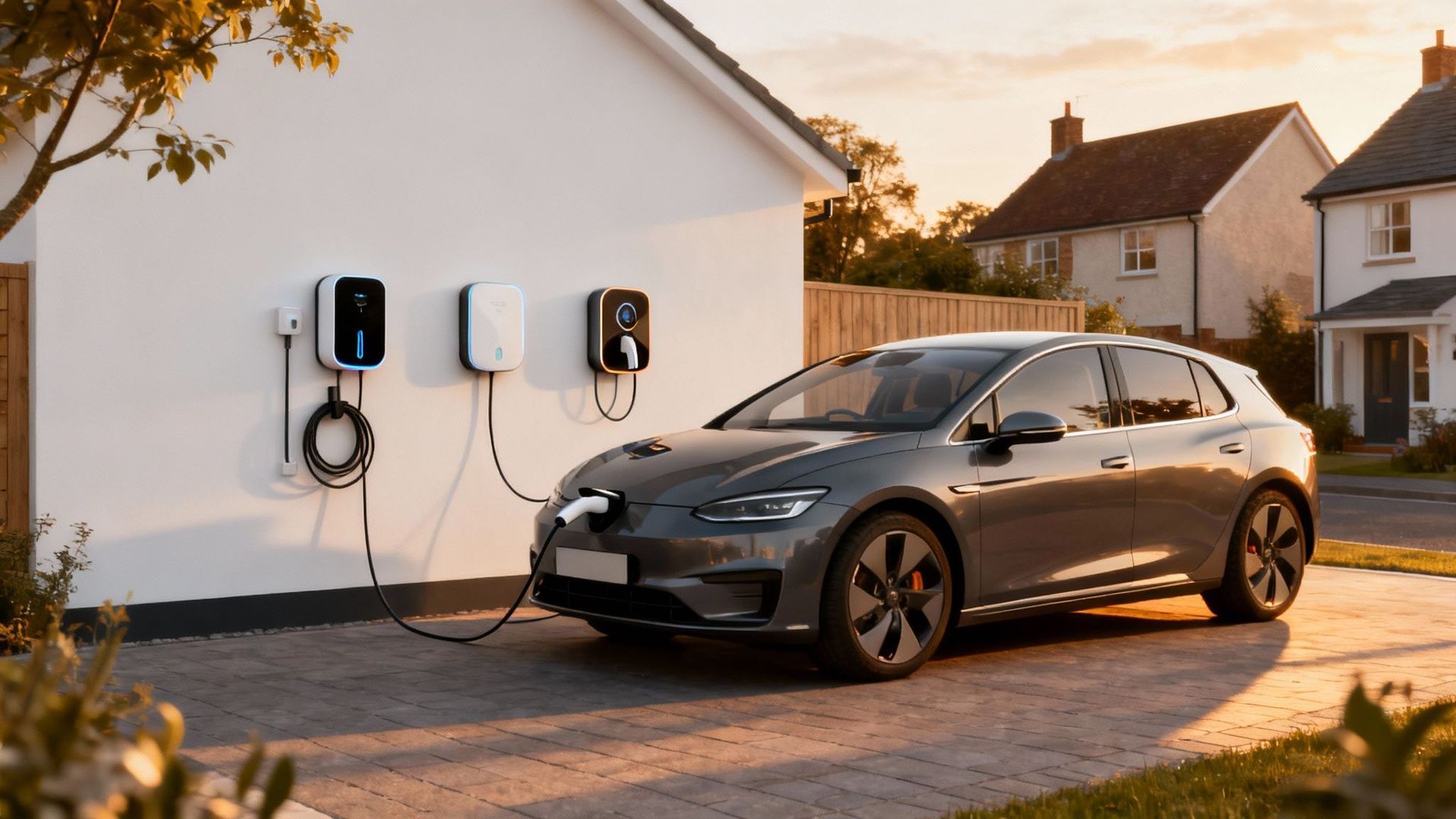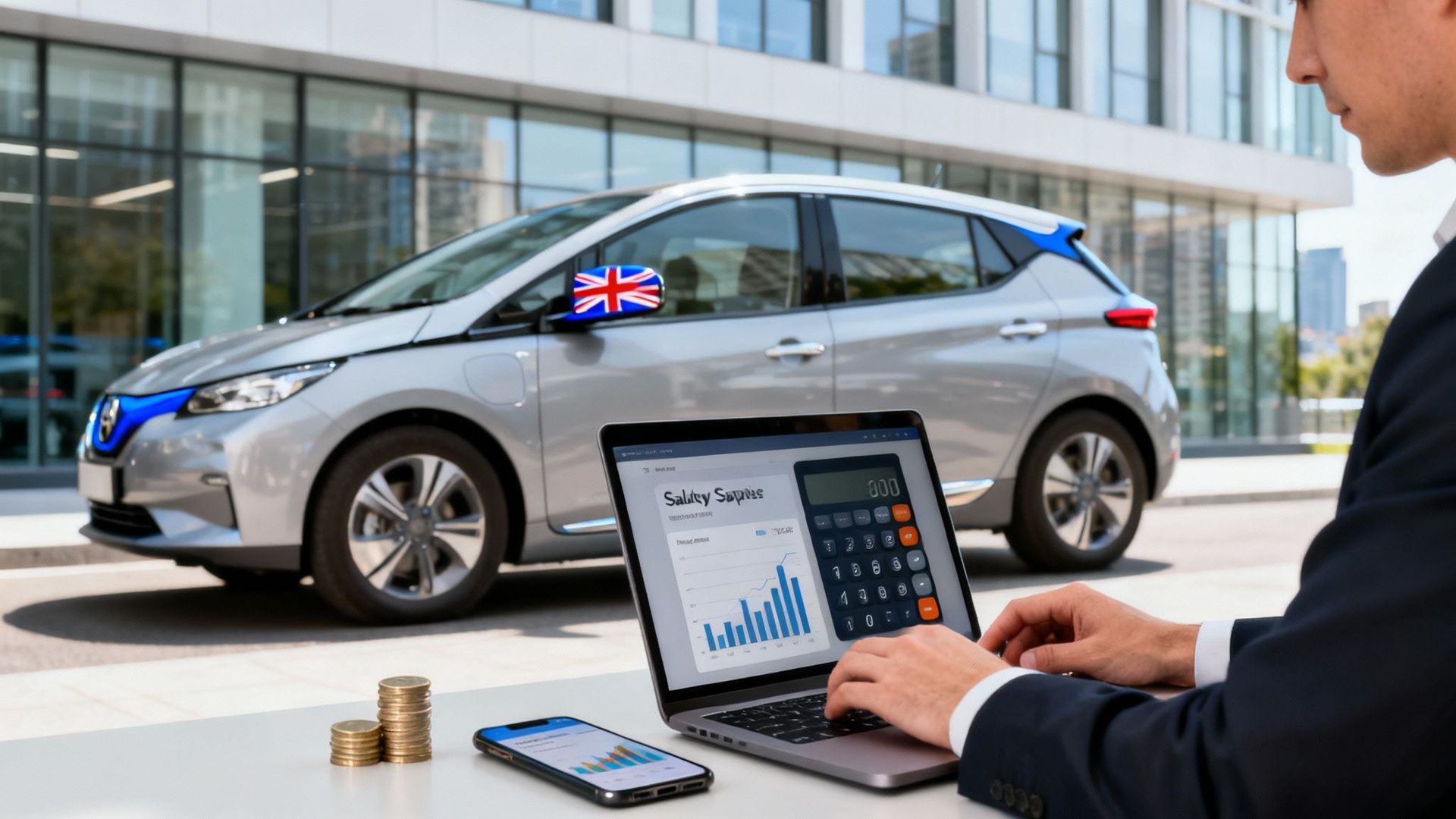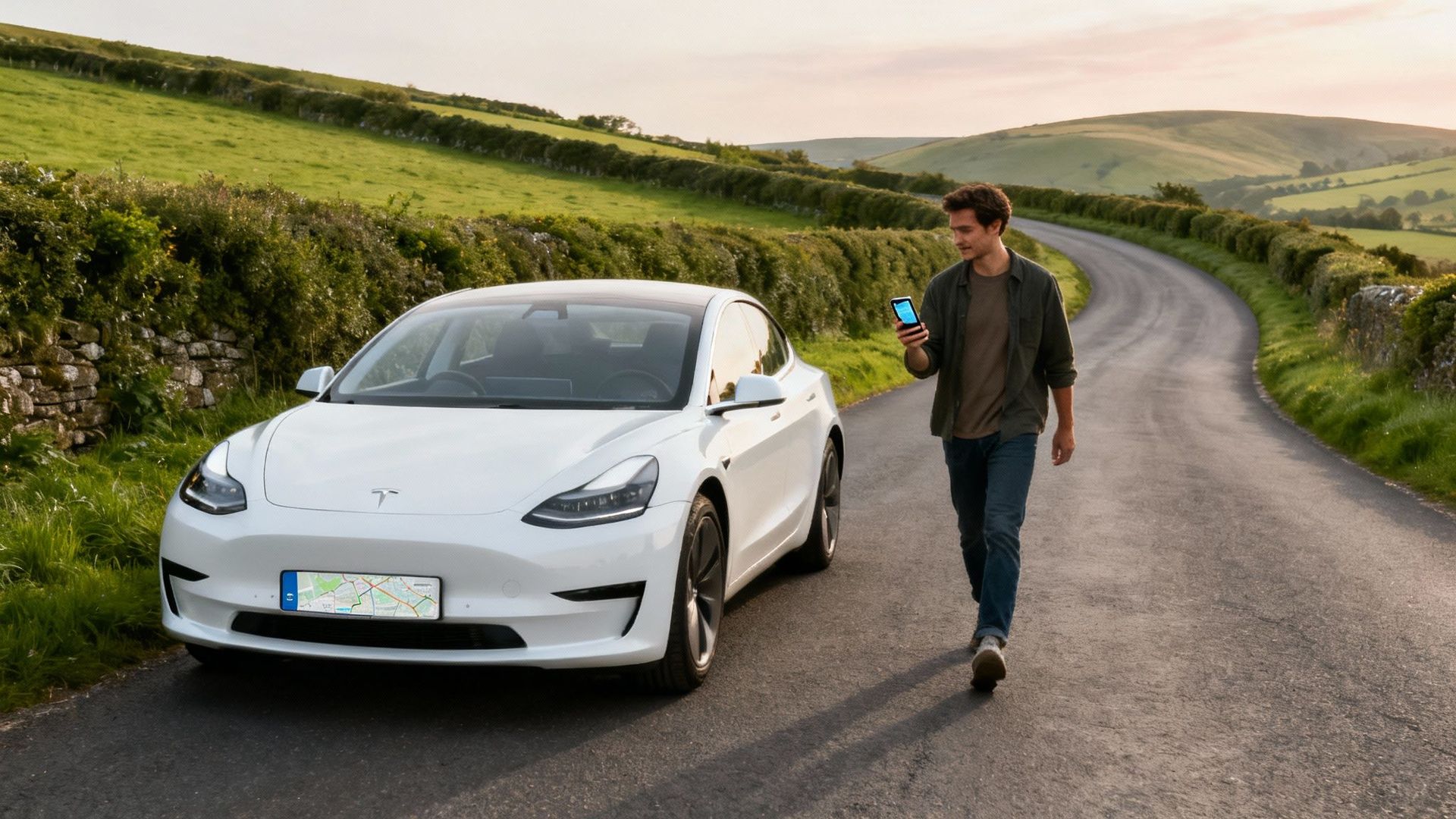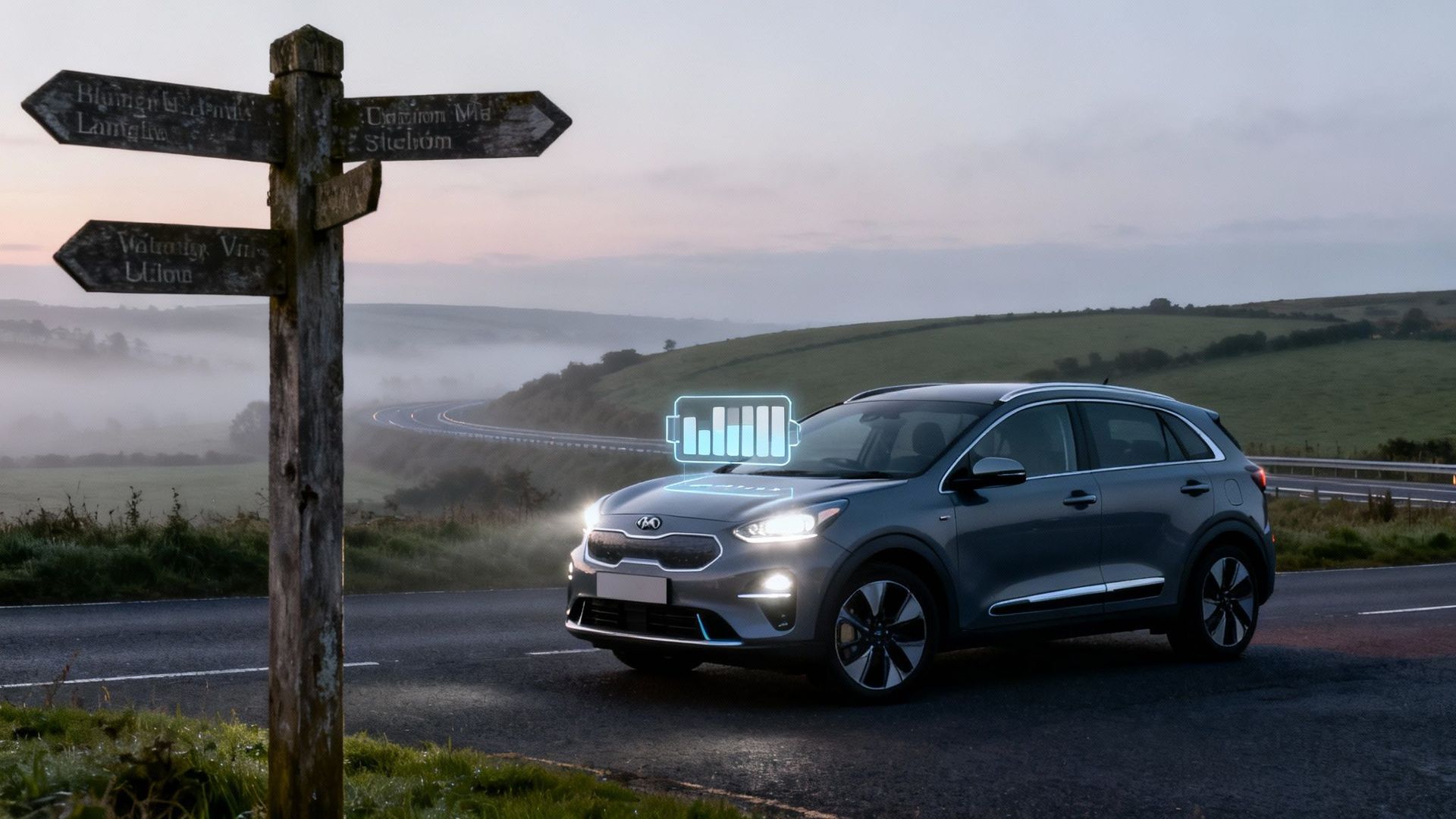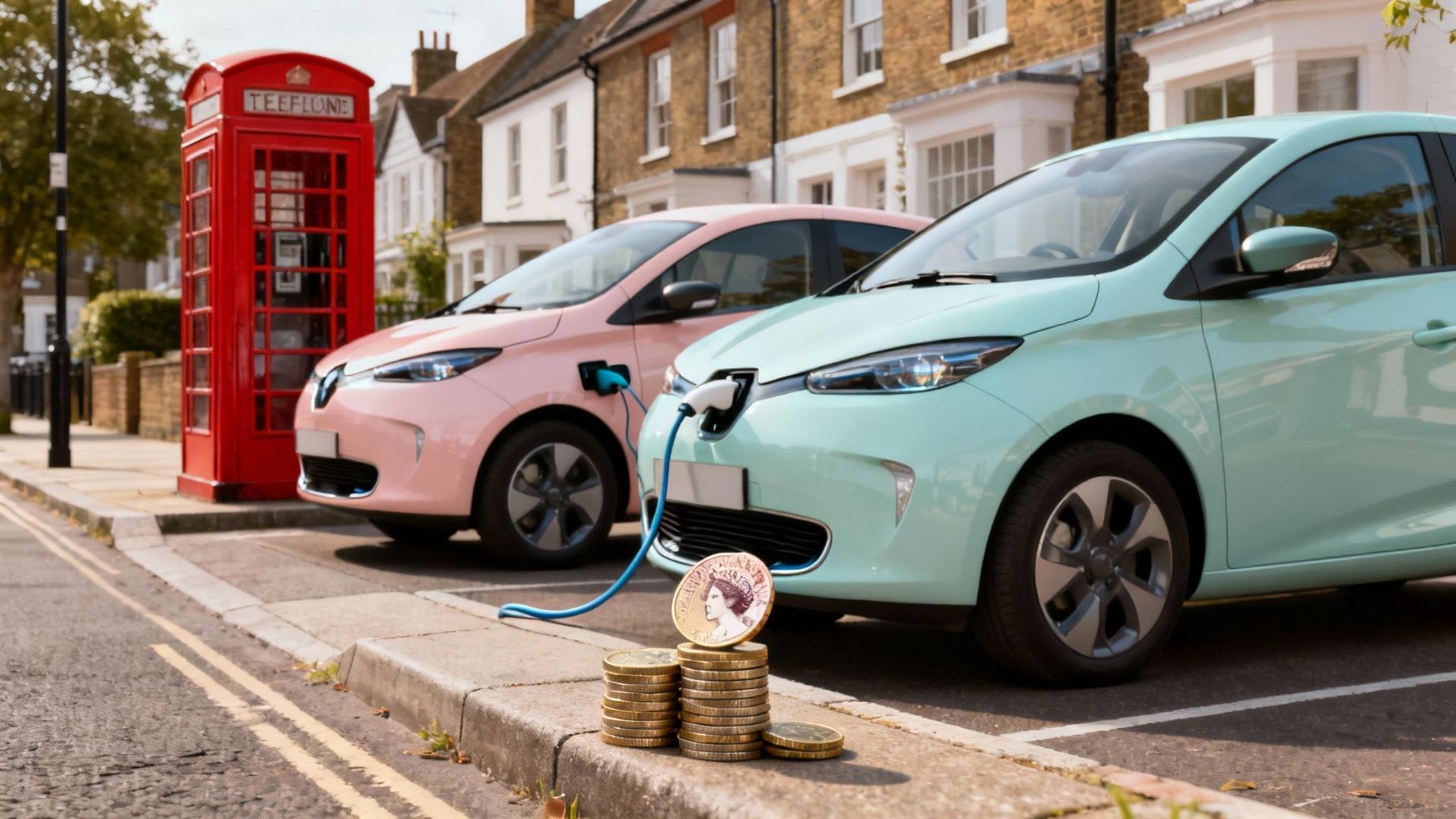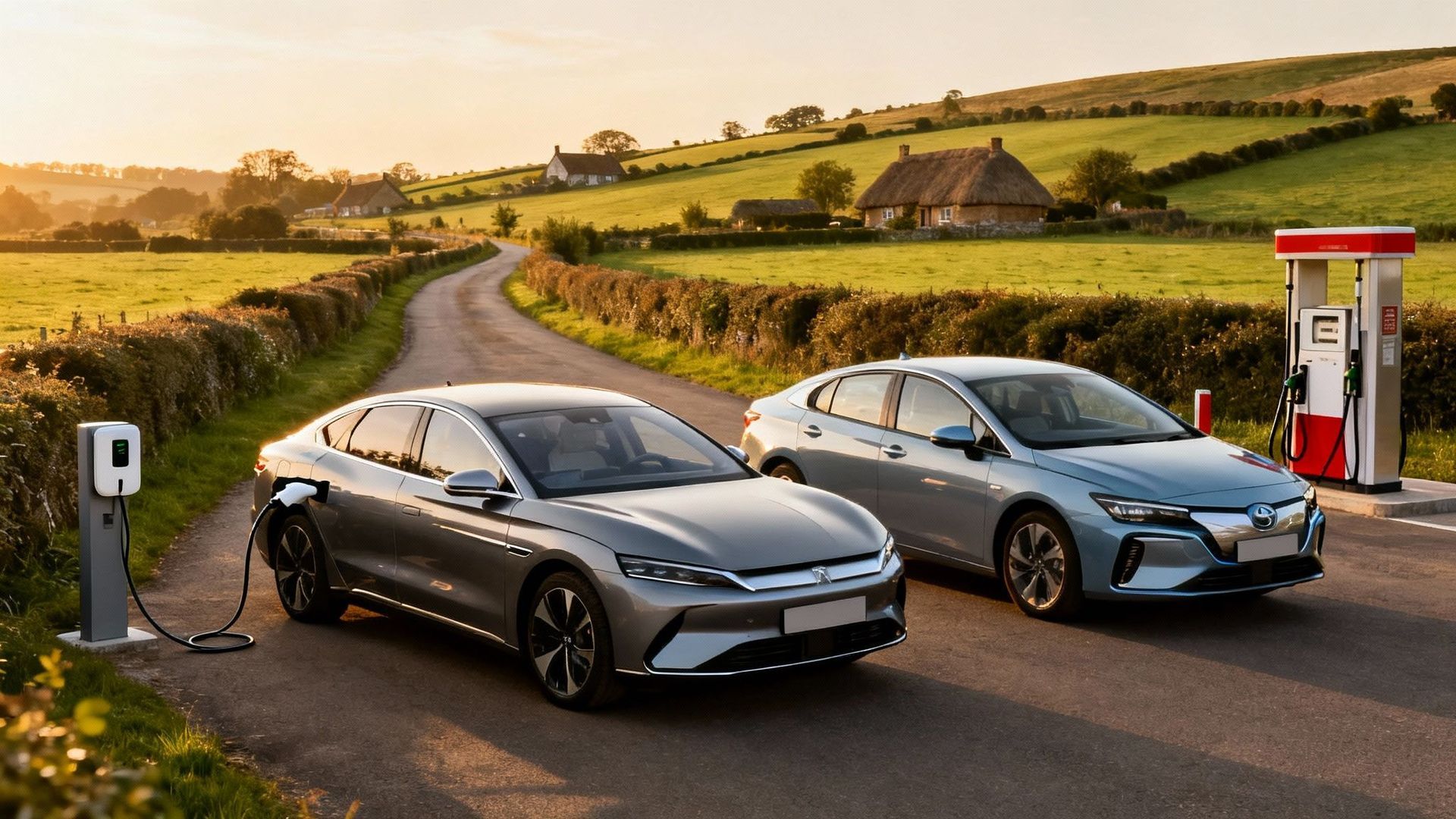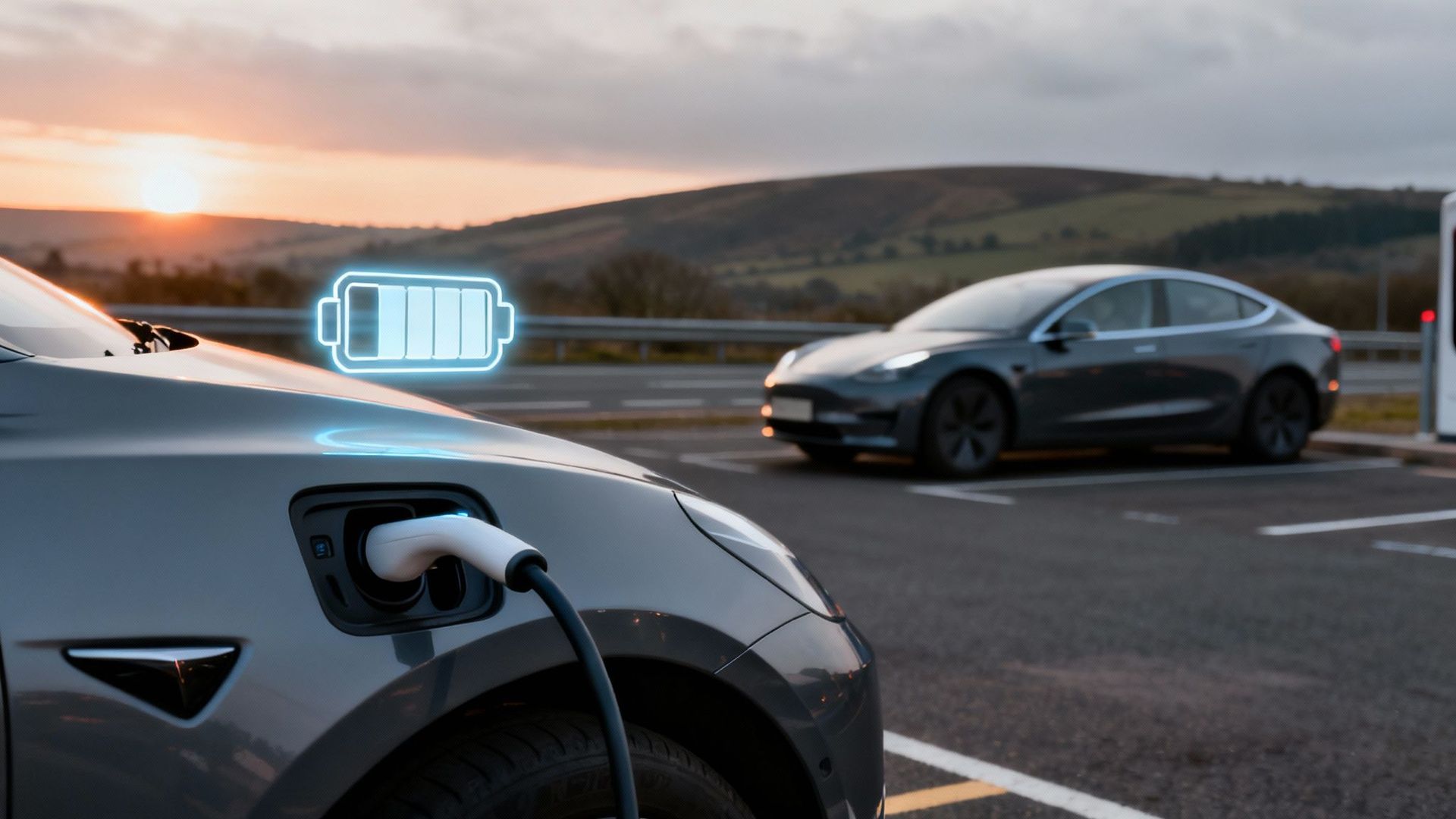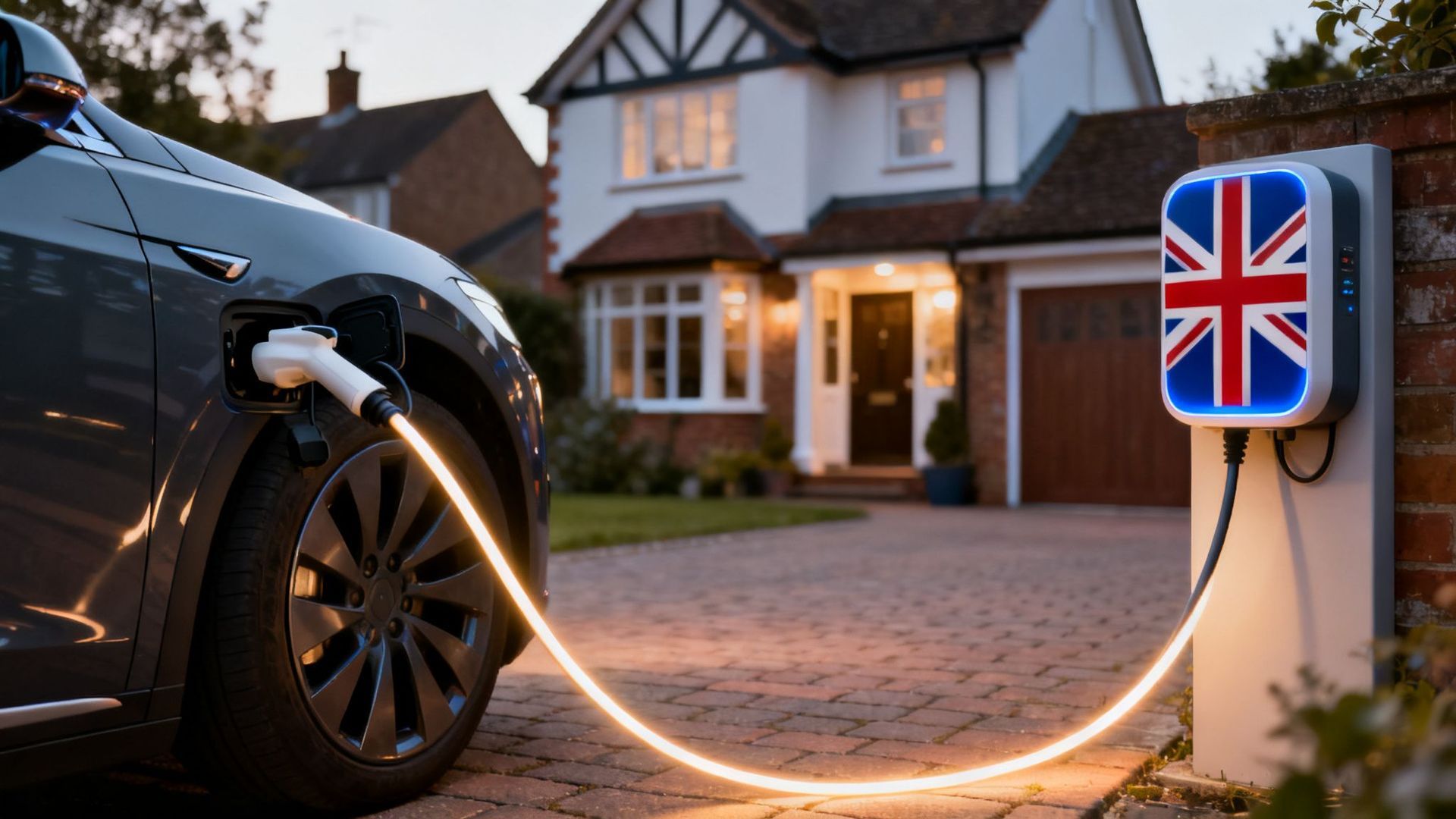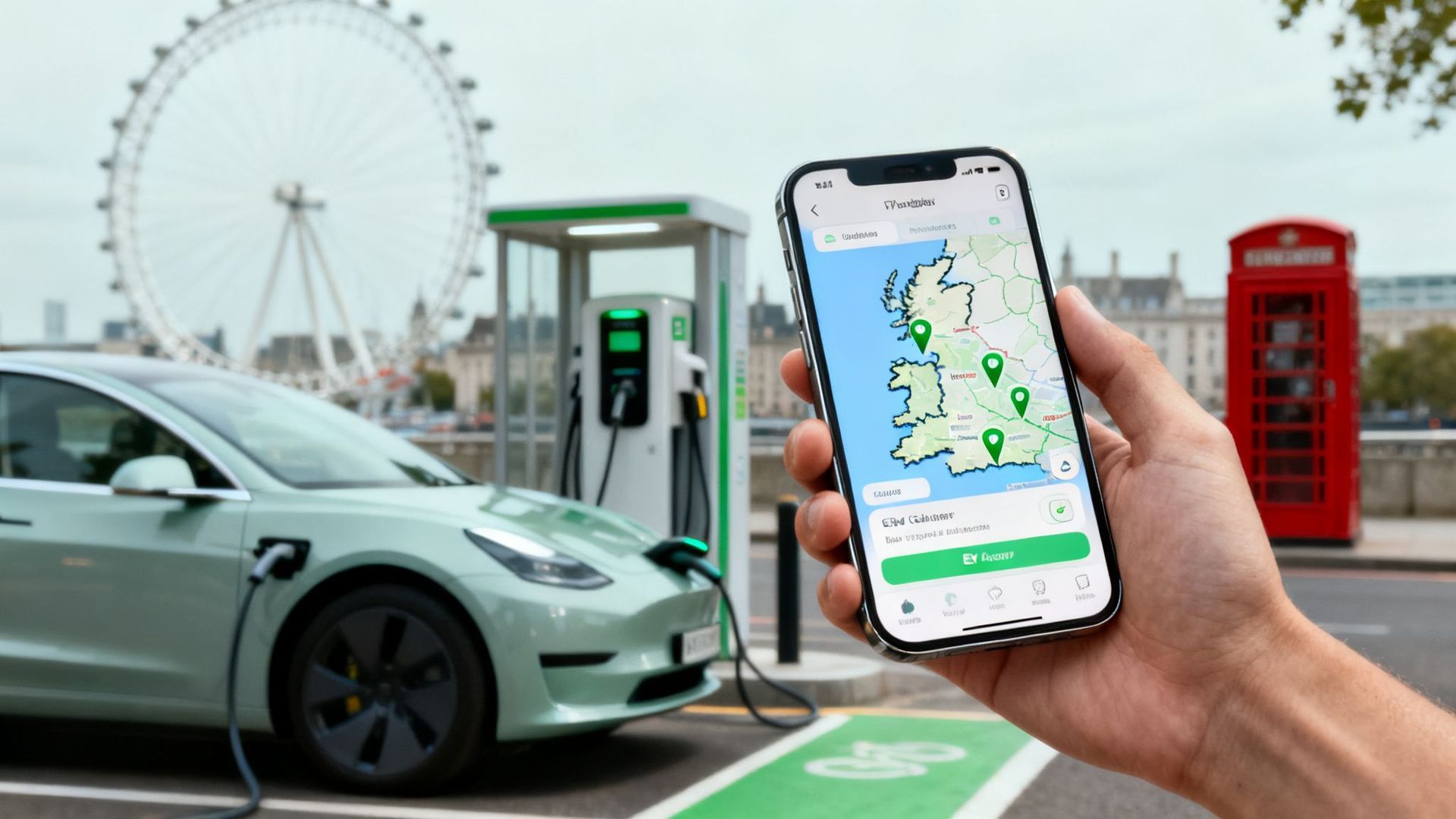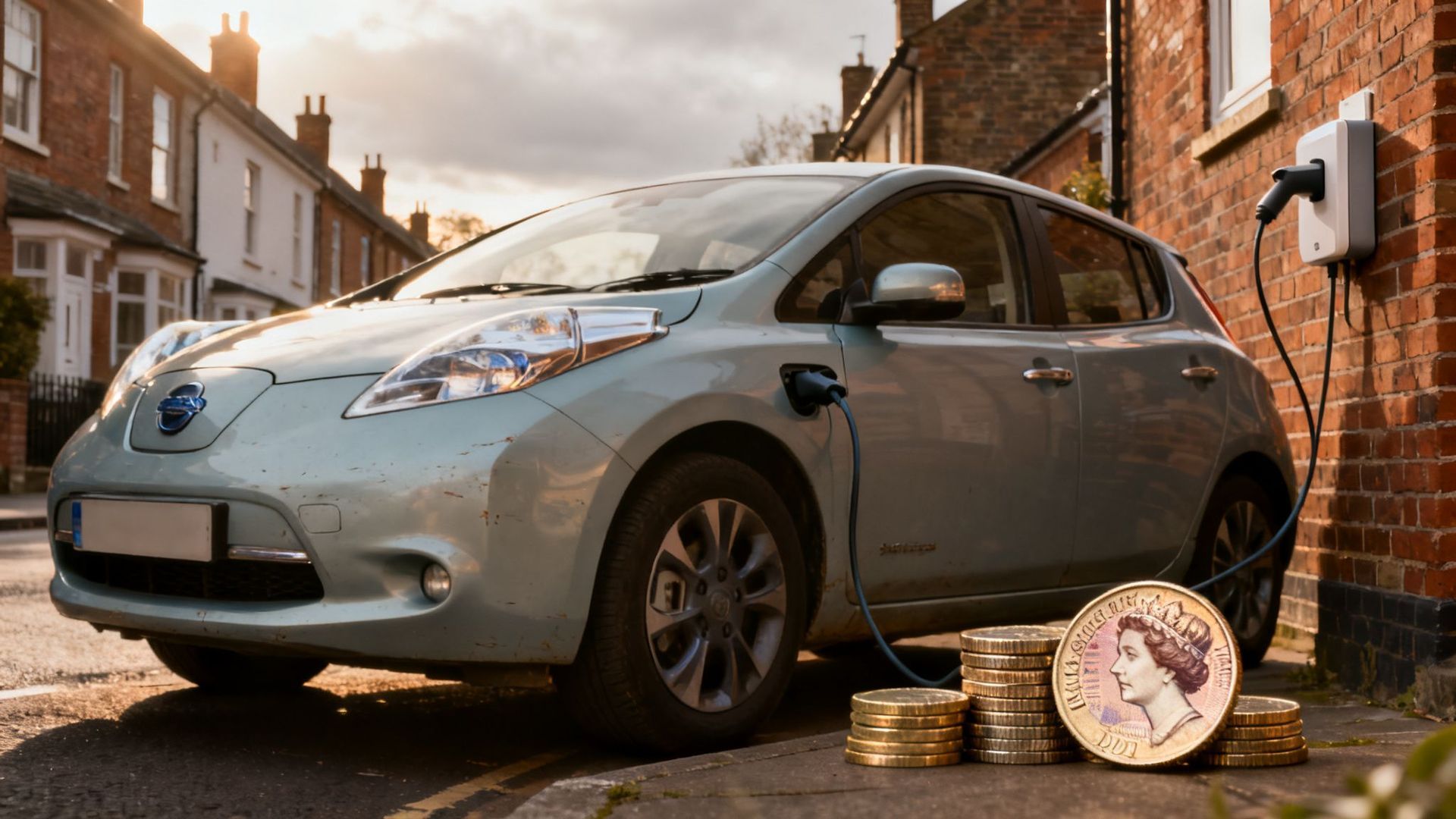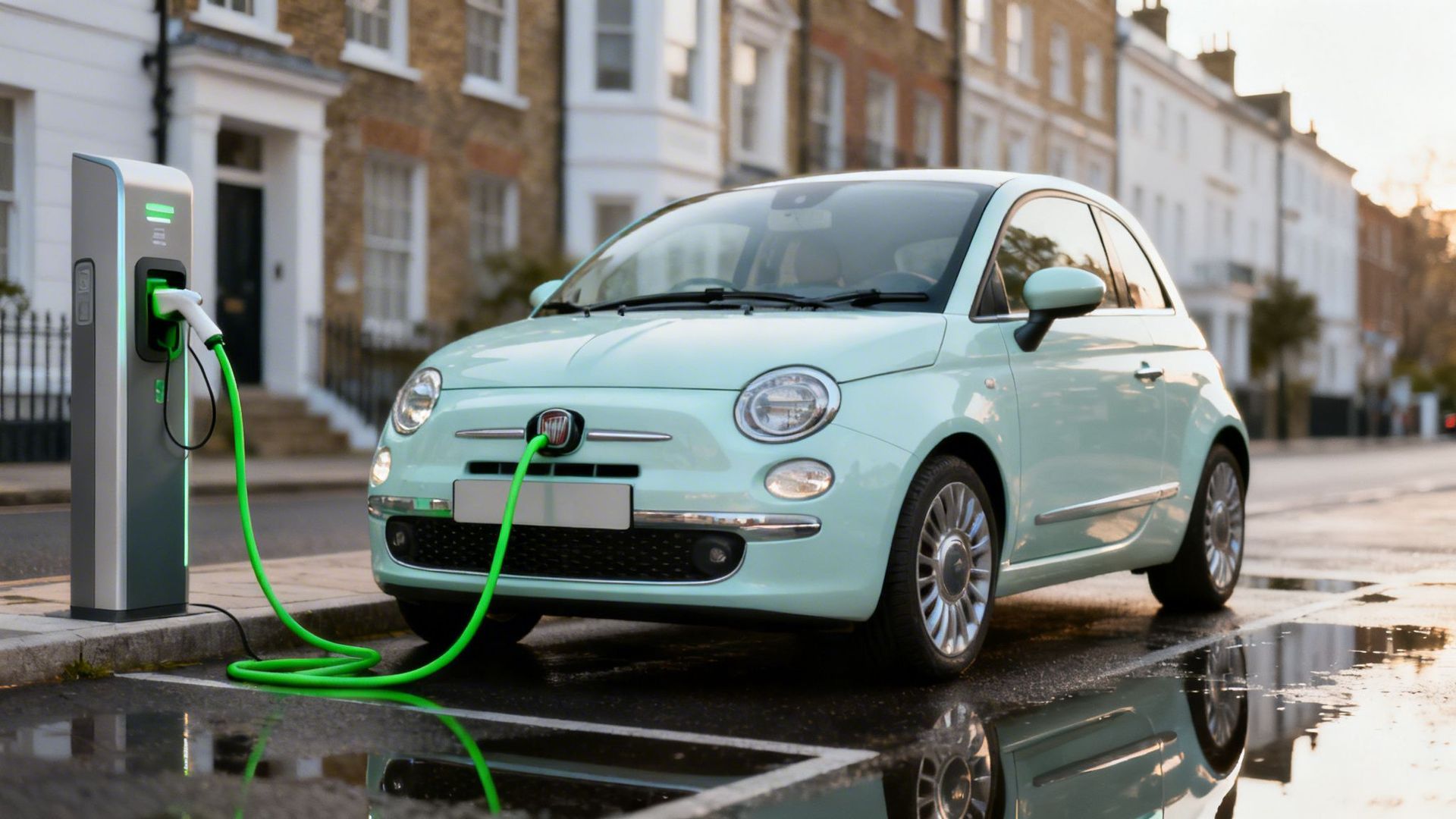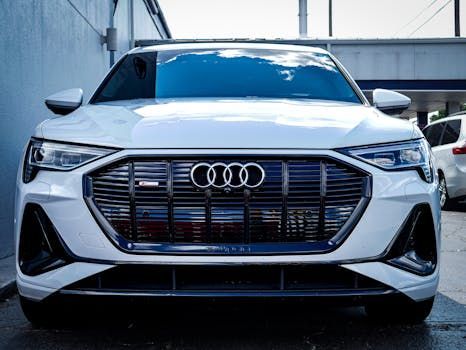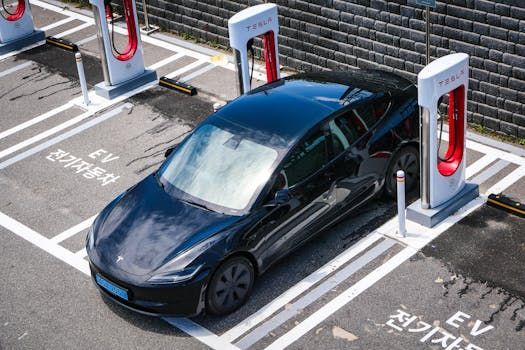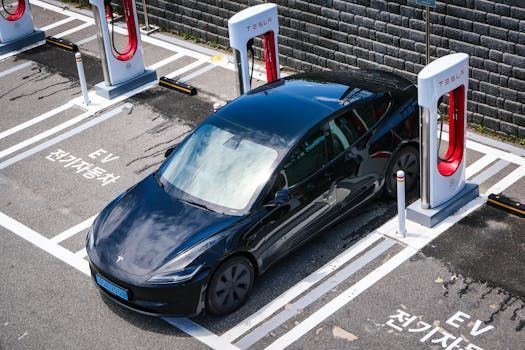How to Spot a Bad EV Deal Before You Commit (2026 Red Flags)
A Practical Guide to Avoiding Common Pitfalls in Electric Vehicle Purchases
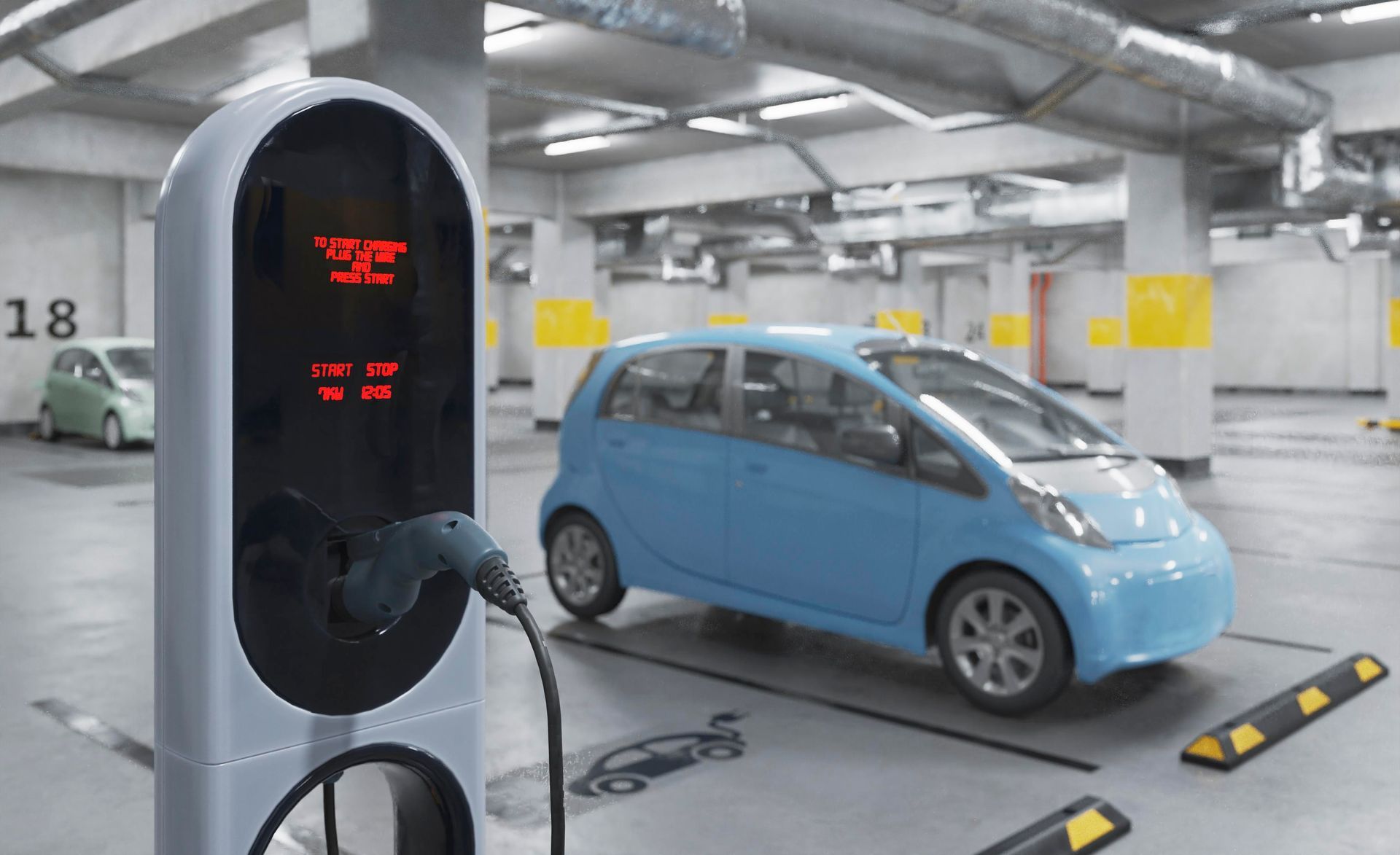
Introduction
The electric vehicle (EV) market is expanding rapidly, offering consumers a range of options from various manufacturers. However, with this growth comes the challenge of discerning worthwhile investments from poor deals. Understanding the nuances of EV ownership is crucial to avoid costly mistakes. This guide provides insights into identifying subpar EV deals, ensuring your investment is sound.
Assess Battery Health and Warranty
The battery is the heart of an EV, and its condition directly impacts the vehicle's performance and value. Over time, batteries degrade, leading to reduced range and efficiency. On average, EV batteries lose about 1.8% of their capacity annually. For instance, a vehicle with an initial range of 236 miles may lose approximately 21 miles over five years.
Most manufacturers offer warranties covering battery performance for 7 to 10 years or up to 100,000 miles. It's essential to verify the battery's State of Health (SoH) before purchasing. A healthy battery should retain at least 80% of its original capacity. Some EVs provide this information via onboard diagnostics, while others may require a professional assessment.
Understand Depreciation Rates
EVs often depreciate faster than their internal combustion engine counterparts. Factors contributing to this include rapid technological advancements and concerns over battery longevity. For example, models like the Renault ZOE and Nissan Leaf have seen depreciation rates exceeding 60% over three years.
This rapid depreciation can affect resale value and overall cost of ownership. When considering an EV, research its historical depreciation trends and compare them to similar models to gauge potential future value.
Evaluate Charging Infrastructure Compatibility
Access to reliable charging infrastructure is vital for EV ownership. Before committing to a purchase, assess the availability of charging stations along your regular routes and near your residence. While urban areas often have ample charging options, rural regions may lack sufficient infrastructure.
Additionally, consider the type of charger compatible with the EV. Most modern EVs use Type 2 connectors, but it's crucial to ensure compatibility with local charging stations and any home charging equipment you plan to install.
Review Vehicle History and Maintenance Records
A comprehensive vehicle history provides insights into past ownership, accidents and maintenance. Ensure the EV has a full service history, indicating regular maintenance and any repairs undertaken. Check for any outstanding finance, previous accidents, or theft records.
For used EVs, it's also important to verify the condition of essential components like the charging port, cables and tyres. Uneven tyre wear or damaged charging equipment can indicate underlying issues.
Be Cautious of Hidden Costs
While EVs are often marketed as cost effective alternatives, hidden expenses can arise. Battery replacements, for instance, can cost between £5,000 and £20,000. Insurance premiums for EVs may also be higher due to specialised repair requirements.
Furthermore, some older EV models, like certain Renault ZOEs, were sold with leased batteries, incurring additional monthly fees. Always confirm whether the battery is included in the purchase price and understand any associated costs.
Consider Real World Range and Performance
Manufacturers often advertise optimal range figures under ideal conditions. However, real world factors like driving habits, terrain and weather can significantly impact range. For example, cold temperatures can reduce battery efficiency, leading to shorter driving distances.
Before purchasing, test drive the EV to assess its performance and range under typical driving conditions. This firsthand experience can provide a more accurate understanding of the vehicle's capabilities.
Conclusion
Investing in an electric vehicle requires thorough research and consideration. By focusing on battery health, understanding depreciation, evaluating charging infrastructure, reviewing vehicle history, being aware of hidden costs, and assessing real-world performance, you can make an informed decision and avoid poor EV deals. As the market evolves, staying informed ensures your investment aligns with your expectations and needs.

